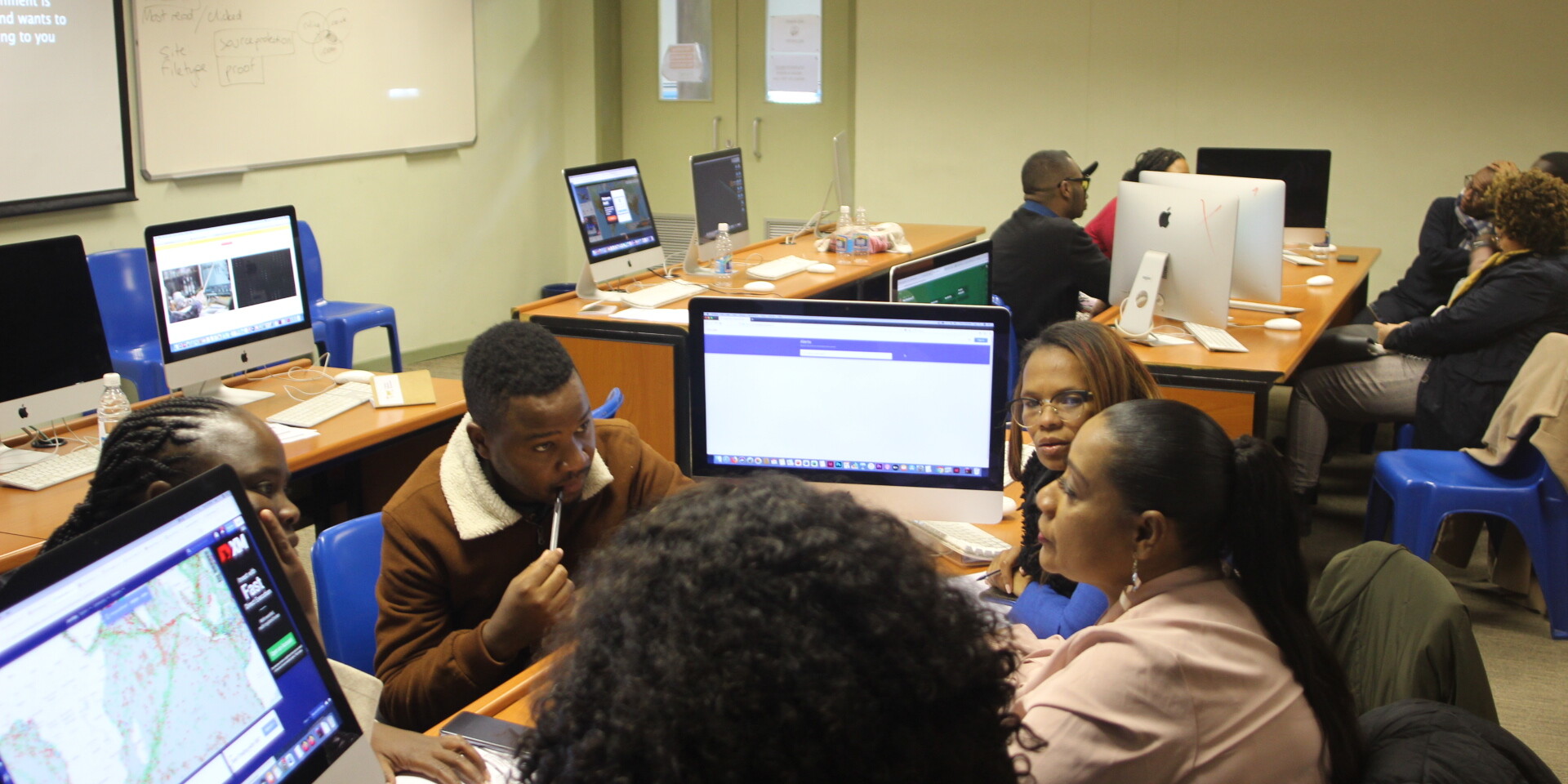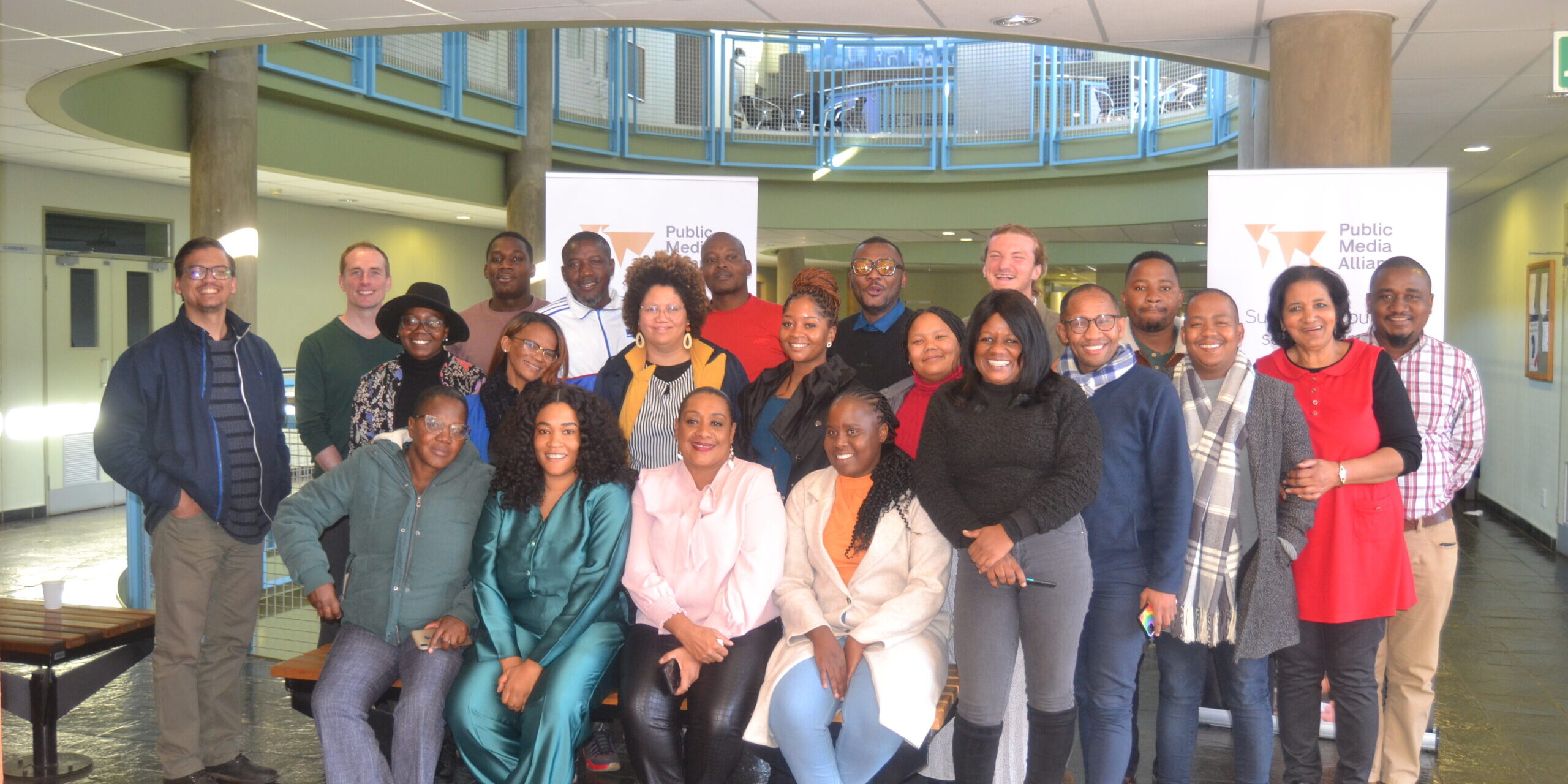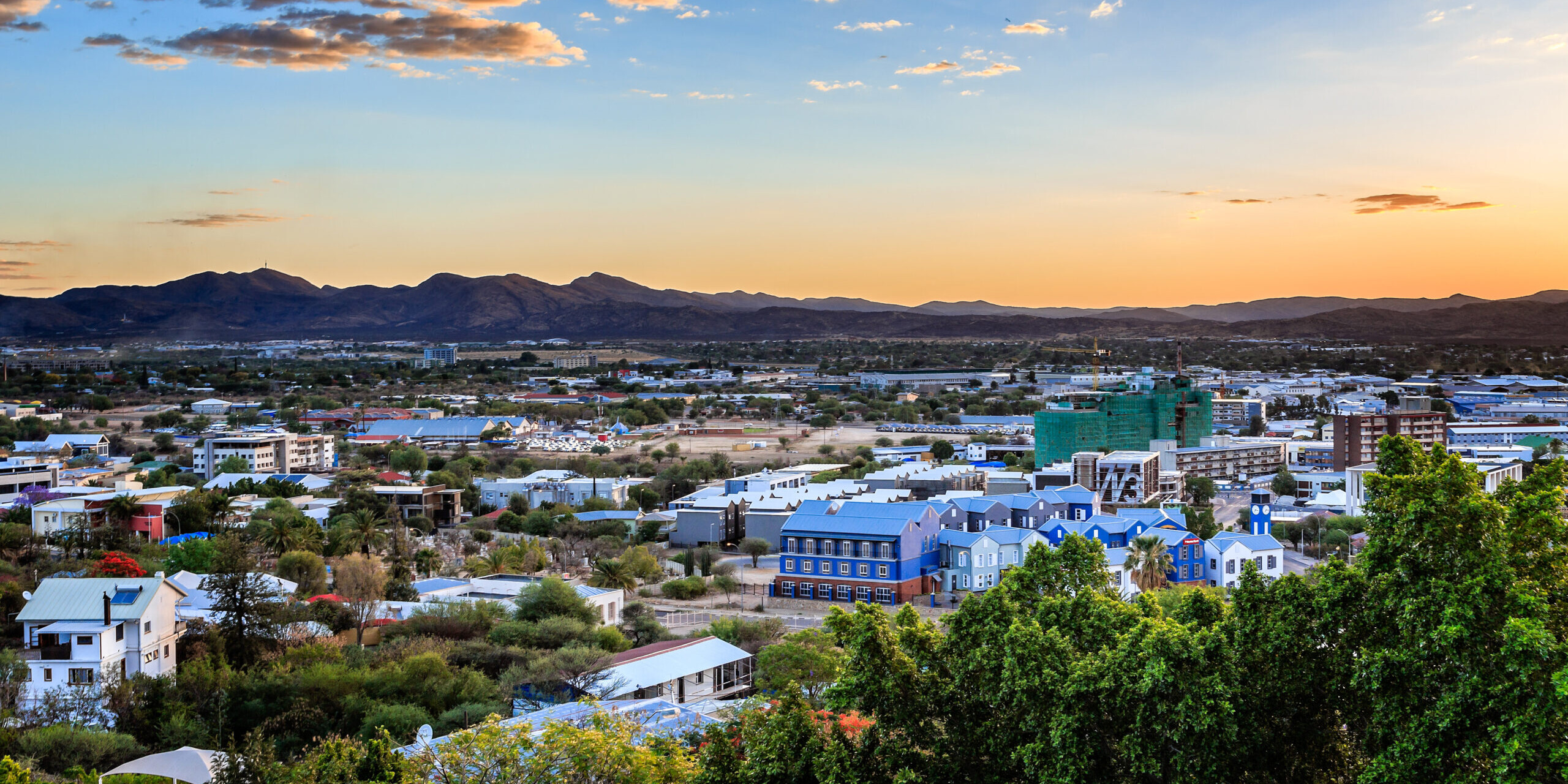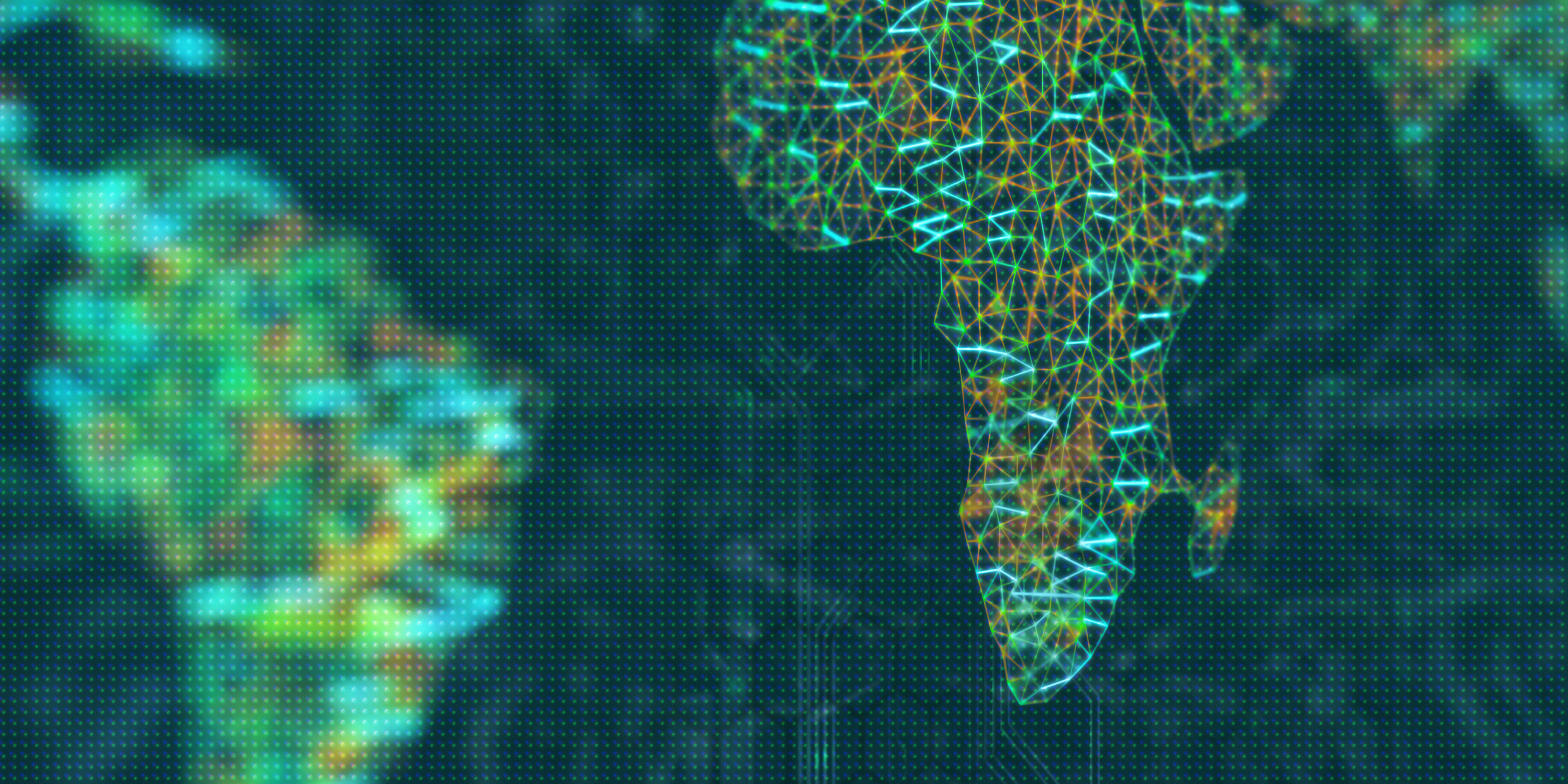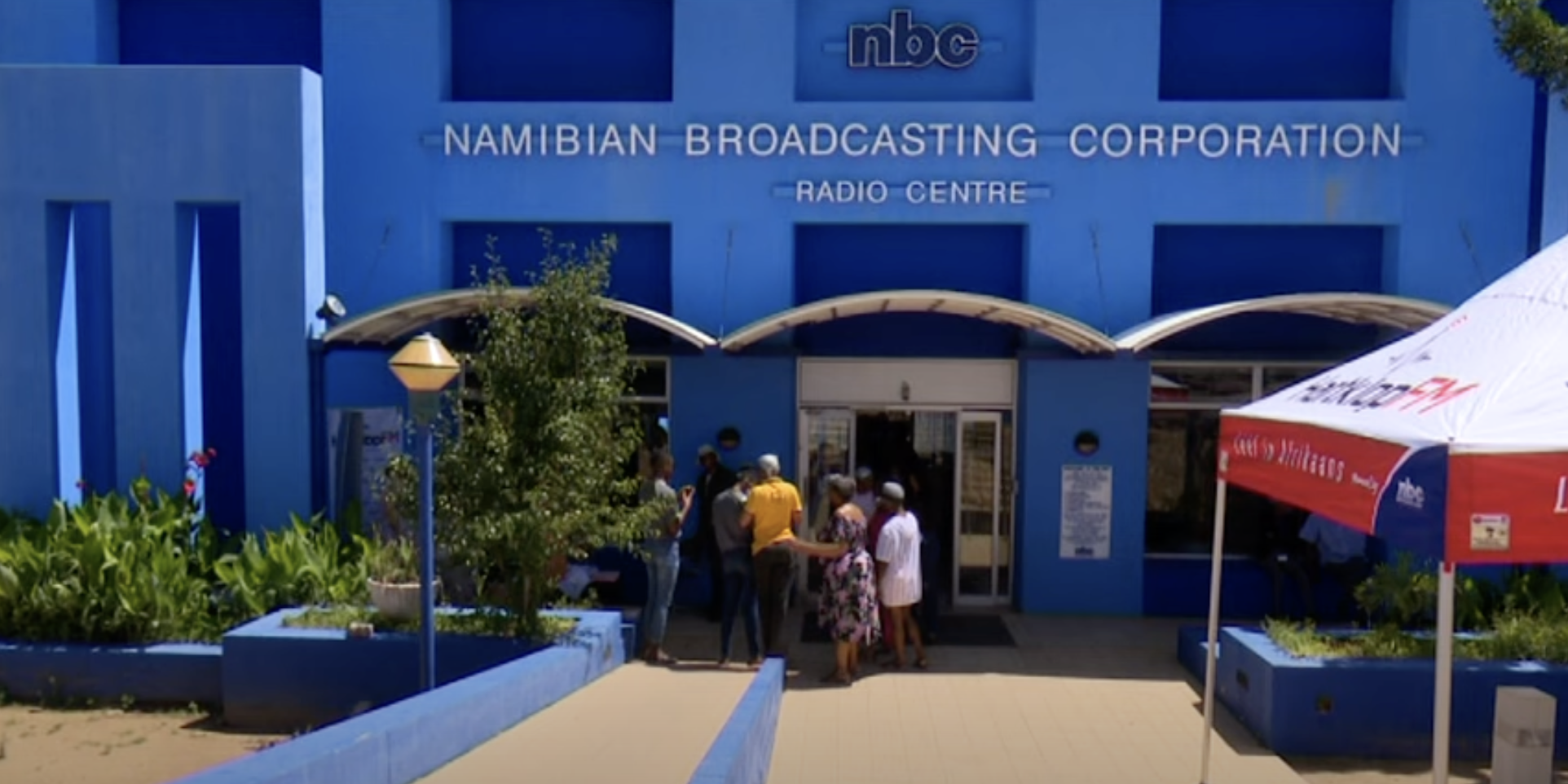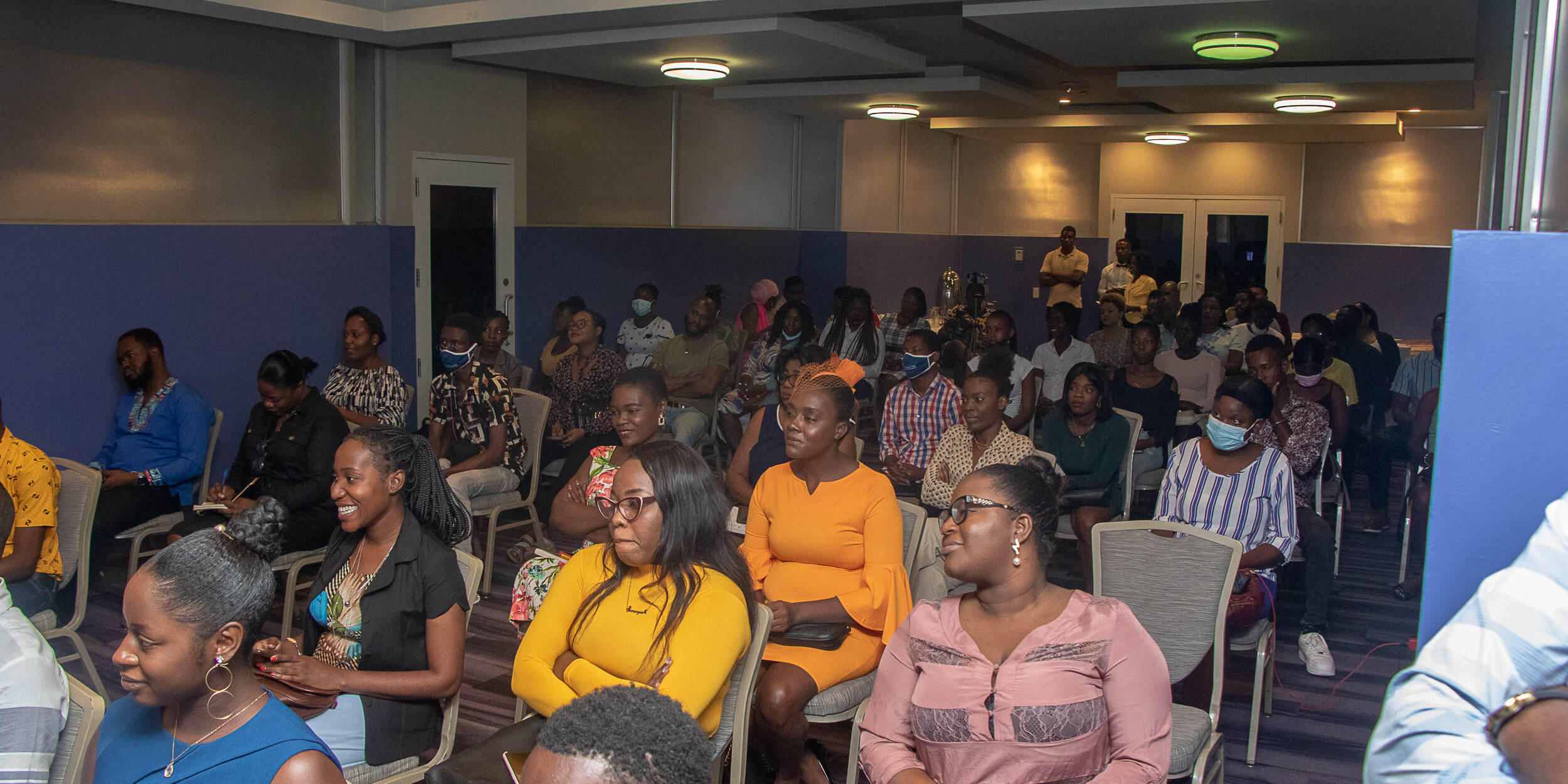Project
What?
This project will ensure that broadcast journalists in Sub-Saharan Africa stay abreast of the latest technological-driven investigative techniques, including different approaches to accessing information. They will acquire skills to protect themselves, and their sources, particularly when communicating electronically and distinguishing between real and fake.
There are three elements to the project:
- A two-day capacity-building workshop will be held in Windhoek, Namibia. Journalists will be invited to attend from South Africa, Botswana, Ghana, Nigeria, Seychelles, Tanzania, Zambia, and Zimbabwe. The curriculum will include freedom of information, investigating the environment, information security, interview skills, and personal security. A checklist on how journalists can stay safe online will be produced at the workshop.
- One pre-recorded toolkit guide on investigative journalism in the digital age – made available on the PMA website for all journalists to access.
- One online webinar to launch the checklist and toolkit and include regional and international experts and journalists who’ll share their experiences on investigative journalism.
This project is supported by The Grace Wyndham Goldie (BBC) Trust Fund and in partnership with The Namibia University of Science and Technology (NUST).
Why?
The role that media can play as a watchdog is indispensable for democracy and freedom of expression.
With the COVID-19 pandemic, protracted armed conflicts, and rising terrorist threats, the past few years have been turbulent in Sub-Saharan Africa. Eroding public freedoms were evident during the pandemic, when governments in parts of the continent imposed sweeping restrictions on civic freedoms and press freedom, thereby limiting the ability to hold power to account. According to the Afrobarometer’s latest survey the majority of people across the region expressed dissatisfaction with the way democracy worked.
During a time of confusion and disorder, the public needs strong and viable news media that inform citizens about current events and long-term trends. Therefore, now more than ever, there is a need for “strong investigative journalism”. This form of journalism goes further than conventional news reporting and can shine a light on social plights, influence public policy, hold power to account, and trigger change.
When?
This project will run from 28-29 June 2023 at NUST, Windhoek, Namibia.
The webinar will take place in early July (date TBC).
Latest updates
Digital investigative journalism toolkit and checklist now available!
25th July 2023
The Public Media Alliance's newly launched digital investigative journalism toolkit and online safety checklist aim to bolster investigative journalism in sub-Saharan Africa.
Digital investigative journalism workshop in Namibia
11th July 2023
The Public Media Alliance held a workshop on digital investigative journalism in Namibia, to build up the capacity of journalists.
Investigative journalism workshop “happening at just the right time”
22nd June 2023
An interview with Emily-May Brown on how the PMA-organised workshop in Namibia will promote investigative journalism in sub-Saharan Africa.
Investigative Journalism in Sub-Saharan Africa
15th June 2023
Investigative Journalism in Sub Saharan Africa: staying up to date on the most recent technologically driven investigative tactics.
Digital journalism project: Meet our partner and facilitators!
21st March 2023
Meet our partner and facilitators for our upcoming Digital & Investigative Journalism project, being held in Namibia.
PMA announces major projects for 2023
21st February 2023
Here's a look at PMA's 2023 slate of projects — ranging from digital journalism, gender reporting, and sustainability!
Project reports
Investigative Journalism in the Digital Age
2023
In June 2023, journalists from across Sub-Saharan Africa met to discuss digital investigative journalism and stay abreast of the latest technological-driven investigative techniques, including different approaches to accessing information.
Journalists from South Africa, Botswana, Nigeria, Seychelles, Namibia, and Mozambique attended a 2 day capacity workshop where they learned techniques and skills for digital investigative journalism and collaboratively contributed to the development of an online safety checklist. In addition to this resource Public Media Alliance has launched a new and openly accessible digital investigative journalism toolkit to bolster investigative journalism in the region.
- The toolkit modules include: Part 1: Developing your Investigative Stories and Part 2: Evidence Gathering and Verification
- The ten-point checklist highlights key tips for journalists undertaking digital approaches to investigative journalism. This checklist is not suitable guidance for working in war zones. Reporting in areas of armed conflict requires a different kind of specialist training, contacts, and vigilance
Download the toolkit:
Project partners
This important and timely project was organised by the Public Media Alliance, in collaboration with our local partner, the Namibia University of Science and Technology (NUST) and fesmedia Africa made possible by our funder Grace Wyndham Goldie (BBC) Trust Fund. We extend our gratitude to our project facilitators, Emily-May Brown and Rob Freeman and toolkit developer Guy Porter. Special thanks are also extended to our attendees and key speakers.

With support from The Grace Wyndham Goldie (BBC) Trust Fund
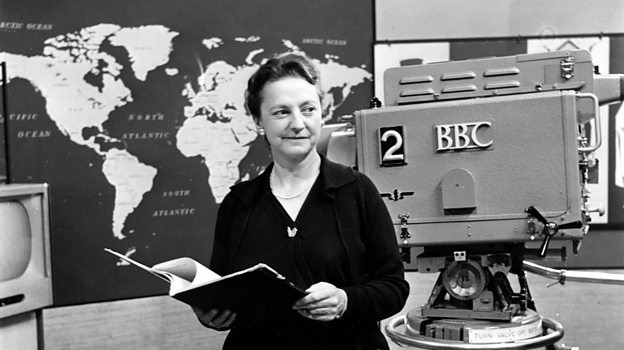
Featured image: The map of the world represented by illuminated digital connections. 3D image with depth of field on a LED screen. Credit: ktsimage / iStock
Secondary image: The workshop was organised by the Public Media Alliance, in partnership with NUST and fesmedia, and with funding from the Grace Wyndham Goldie (BBC) Trust Fund. Credit: Fillips Iita.
